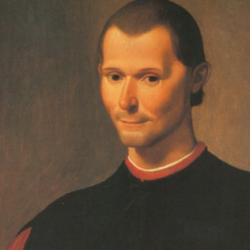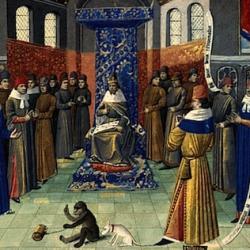“Liberals and communists,” writes Eugen Rosenstock-Huessy (In the Cross of Reality), “have in common that they wish to make do without church and dogma, and indeed without faith. . . . reason is enough, for we can say what we think” (141). Both retain the term “believe,” but relegate it to “private opinion or presumption . . . an inferior species of thinking, mere fancy” (142).
Instead of faith, liberalism speaks of “credit,” which is the religion of liberalism.
Rosenstock writes, “Someone lending me $1000 expresses faith in me. What he might think or believe is altogether irrelevant compared to the fact that he shares some part of his wealth with me. Credit means participation. But this means faith. . . . the first act of speech consists in bestowing a name, thanks to which I am a participant in group activity. The liberals properly recognized these communal strengths in their system of credits, though perhaps nowhere else. The banking sector and the money system comprise the religion of the bourgeoisie. The rules of the credit game create that bond. And this is religion” (142; Rosenstock is playing with the etymology of the Latin religio).
Faith always involves participation in a common life: “Faith permits others to share my life, while the vows of others let me share in theirs, so that we may form a communal life. Faith therefore deals out roles and rights to members. Every word spoken in faith is valid for speaker and interlocutor, equally: it reigns over both of them, We stand by our pronouncements, and thereafter submit to the consequences. . . . Whoever speaks subjects himself to his own words. So faith denotes an appeal to a higher name, in common with all those who listen and lend their names to this participatory act” (143).
Of this common participation through speech, “bank credit is a mirror image” (143).












